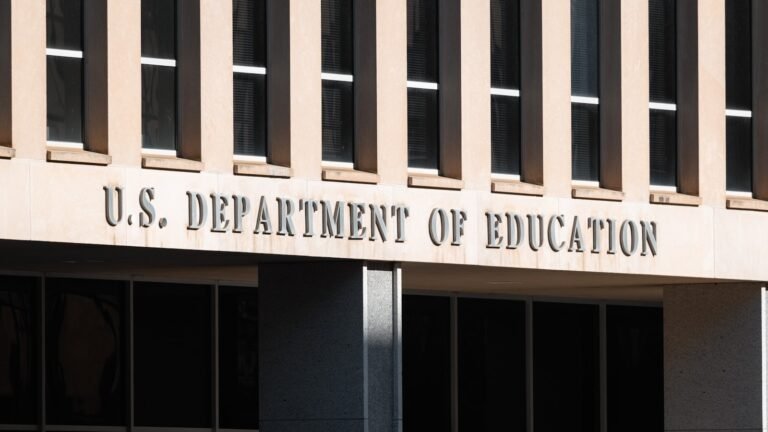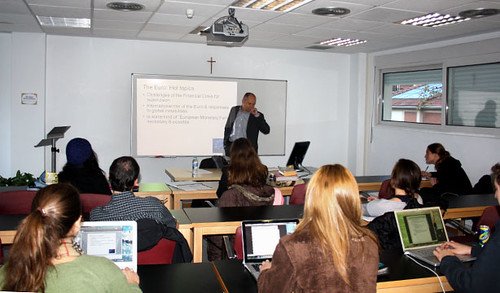
Private school students make up 60% of those receiving Arkansas school vouchers, report shows
by Sonny Albarado, Arkansas Advocate
September 11, 2025
Homeschooled children account for nearly 40% of those approved to participate in Arkansas’ Educational Freedom Account program this school year, according to figures presented to the State Board of Education Thursday.
Darrell Smith, assistant commissioner in the Office of School Choice and Parent Empowerment, told board members 18,420 of the 46,634 students approved for EFA participation this fall are homeschooled. The school choice office is part of the state Education Department’s Division of Elementary and Secondary Education.
Arkansas’ public school student population by comparison is 474,337, according to the ADE Data Center.
Smith said the number of homeschooled students in the voucher program represents about 50% of the estimated homeschooled student population.
The Educational Freedom Account program has provided state money for allowable education expenses since its creation under the LEARNS Act in 2023. The program has been phased in over three years with increasing eligibility and is open to all students for the first time this fall. Private school tuition is one of the allowable education expenses for students who receive the roughly $7,000 each the state will provide in the 2025-26 school year.
Since the state funds go to the student’s family, students in microschools also are eligible. Smith said 100 microschools are registered with the education department. Arkansas defines a microschool as “a tuition-based organization that serves a community of homeschool students, simultaneously in the same space, and that maintains responsibility for employing instructors or facilitators to provide part-time or full-time academic services.”
Smith told the state education board that 162 private schools and 28,214 private school students are approved EFA participants this academic year.
Asked how his office assures that schools don’t gouge parents with hefty tuition increases because of the state funding, Smith said his staff requires schools to provide a history of tuition increases and makes sure the schools have “a legitimate, rational reason” for any increases. His office also analyzes each school’s cost of educating a child to determine if any increases are in line with additional costs.
“We’re not just taking them at their word,” Smith said.
Under EFA program rules, the Department of Education may prohibit schools from participating in the program if the department determines tuition or fee increases “are unreasonable or arbitrary.”
Smith said the department doesn’t give schools an upper limit or maximum percentage by which tuition can increase, adding that the policy is “one way we can hold private schools accountable.”
During his report on EFA participation, Smith said 17% of this year’s approved students are those with disabilities. Students with disabilities were among the first eligible when the program started in the 2023-2024 school year.
Another 17% of voucher recipients this year are children of veterans and first responders, he said. Children of law enforcement officers and active duty military each account for 2% of participants.
Another 2% are students from public schools with “D” or “F” grades, according to a chart Smith presented. Students in foster care represent 4% of voucher recipients, and roughly 0.3% are homeless, the chart showed.
YOU MAKE OUR WORK POSSIBLE.
Arkansas Advocate is part of States Newsroom, a nonprofit news network supported by grants and a coalition of donors as a 501c(3) public charity. Arkansas Advocate maintains editorial independence. Contact Editor Sonny Albarado for questions: info@arkansasadvocate.com.
These costs, which encompass more than 500 projects, might not be eligible for reimbursement from the federal government and could necessitate the use of state or trust fund resources to address. Legislators are demanding oversight hearings, while Republicans are calling for a criminal probe by the Attorney General. Transportation officials acknowledged the overcharges but contested the allegations regarding unauthorized projects.



